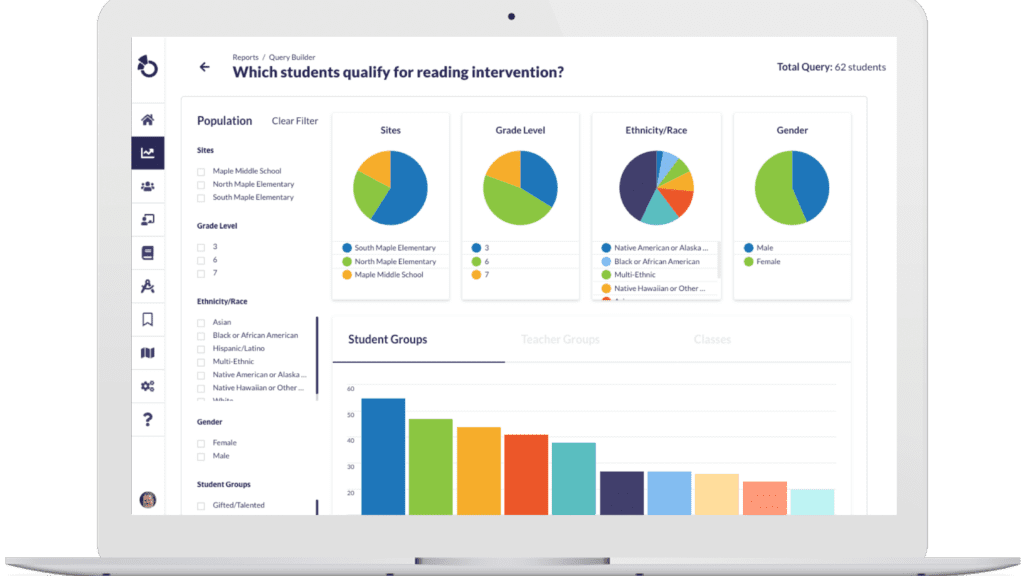How to Focus on the Process, Not the Outcome
Chicago Cubs manager Joe Maddon when addressing his team explained, “The thing I want our guys to understand is the process is fearless. When you want to become outcome-oriented, that’s where you can really run into some trouble. If we can just keep our guys focused on the process of the day, there’s no fear in that.” This quote strikes me as a philosophy to drive any aspect of life — not only baseball, but also education. As teachers, if we focus on the outcome of standardized tests, we may fear the results. However, if we focus on the day-to-day instruction, and how to help each student learn to the best of their ability every day, then the process will lead to strong results. We need all educators to trust more in the process. This touches upon my last post on formative assessment and setting the proper mindset for students. With this mindset, we can use assessment daily in class to promote learning by focusing on assessment clarity, transparency, and variety.
Clarity
Assessments are present daily in classrooms throughout the country, and we want our students to understand that their focus should be on trying their best at each learning opportunity. Providing clear directions and expectations allows the student to put their effort into learning. Their focus can be on the day to day learning, instead of final outcomes, so that they are not prevented from achieving great results due to fear.
Transparency
When students know where they are in the learning process, they can work on areas they need to improve upon without fear of this being the final outcome. This requires transparent discussions and updates on their progress, strengths, and weaknesses. When they are able to see their growth over time, this can empower them to push themselves further and further.
Variety
Various types of assessment are key to providing opportunities for students to demonstrate their knowledge and understanding. In my class, I work to build a series of assessments that overlap the same standards and topics. I try to build a better understanding of what students know through cross checking their understanding using a variety of methods. For example, during my 7th grade social studies class, we study the Constitution. One of our projects is a mock Constitutional Convention. Each student is provided a written profile of one of the original members of the Convention. Each student then must research and write 3 statements surrounding the main topics to be discussed. During the Convention, students begin each debate topic by reading their written statement, and then free form debate begins. At the end of each of the main discussions, we hold a vote to decide the outcome and future policy of the nation. Each vote is displayed, and the Convention must achieve a majority, not a plurality. This visualization on the board helps student see the difference between the two terms. If we do not have a majority, students must work to convince others to join their side. During this unit we also have an epic rap battle between the three branches of government. Additionally, we have a marketing competition surrounding the Bill of Rights in which students create a marketing campaign supporting or attacking one of the rights. Each of these projects exemplifies different forms of assessment, and during each project, I am also observing learning through conferencing and conversations with my students. Utilizing all of this information can help form a more complete understanding of my students’ comprehension. The various assessments enable me to design and tailor my lessons to meet the needs of my students on a daily basis, instead of focusing only on the final outcome. We can leverage assessments with clarity, transparency, and variety to help us inform how to help our students in our classroom each day. Since I am a middle school teacher in Chicago, I have to bring this back to the Chicago Cubs, who have not won a World Series in 107 years. Make that 108. The Cubs have the pressure of accountability to produce this singular outcome. I see this parallel to students and assessment. With assessment, it is less about determining a final outcome and more about using it as a tool to help students learn in an individual and personalized way. While the Cubs’ moment has passed for this year, like Joe Maddon says, we need to remember to focus on the process, not the outcome.
Related Resources
Request a demo!
See exactly how Otus can help your school accelerate student growth and improve student outcomes – all while saving educators time.





